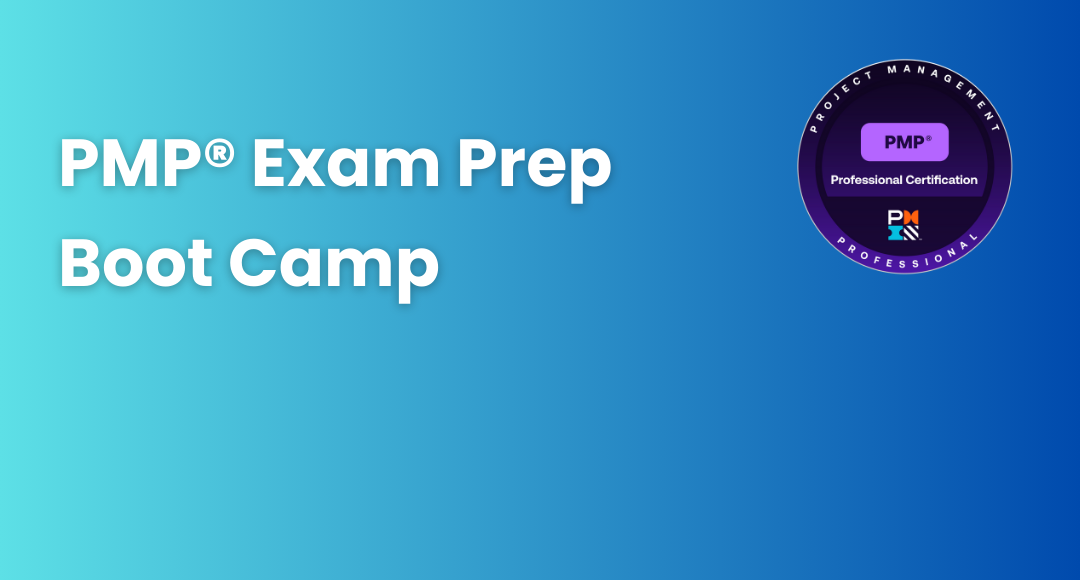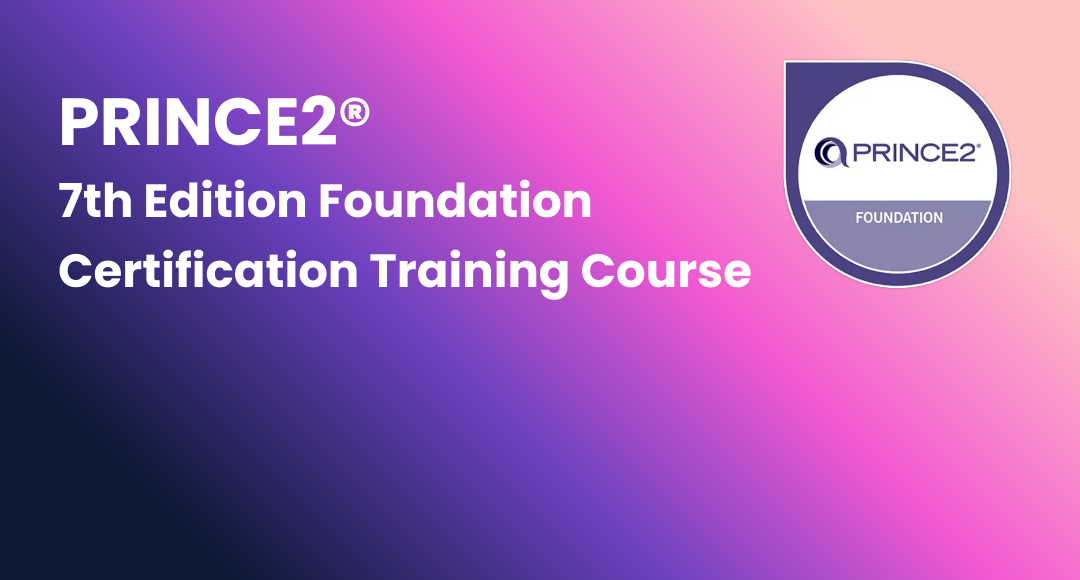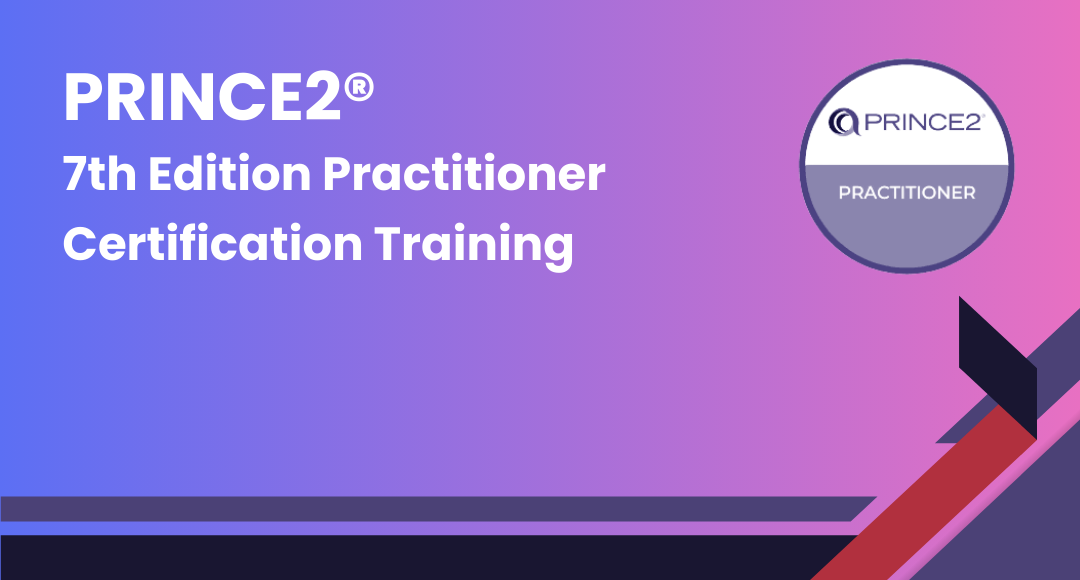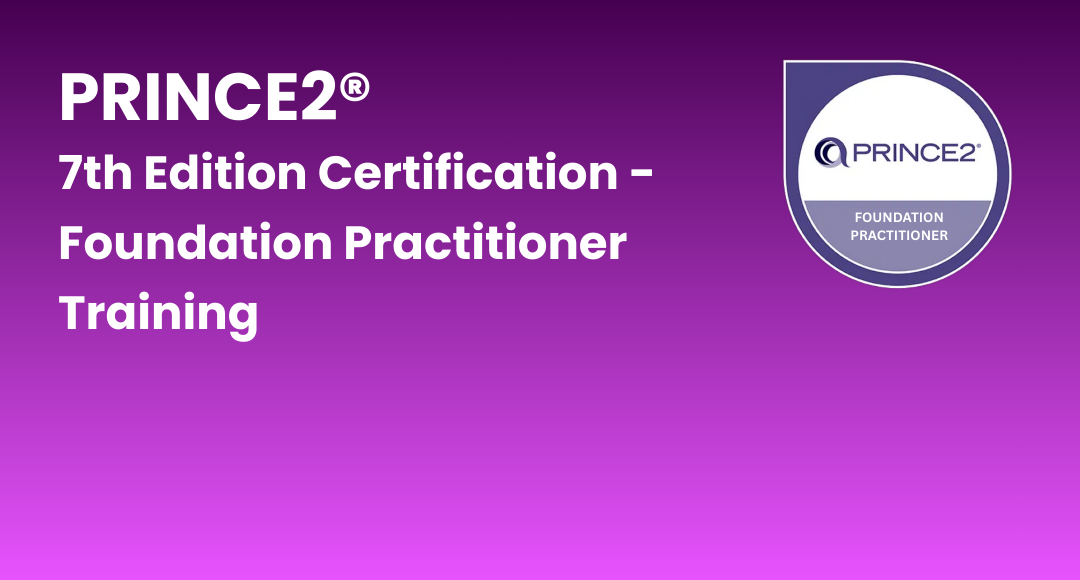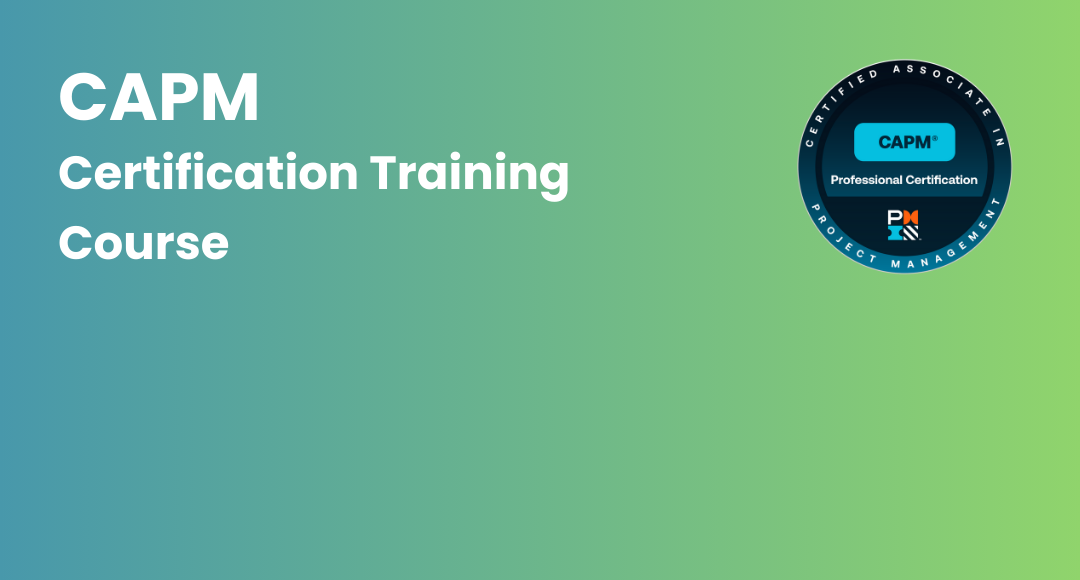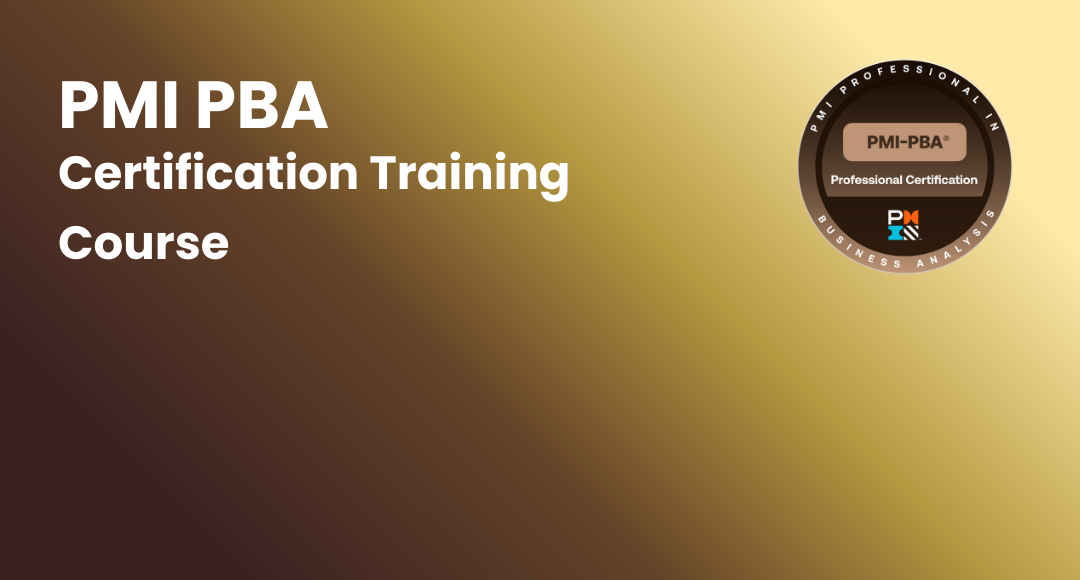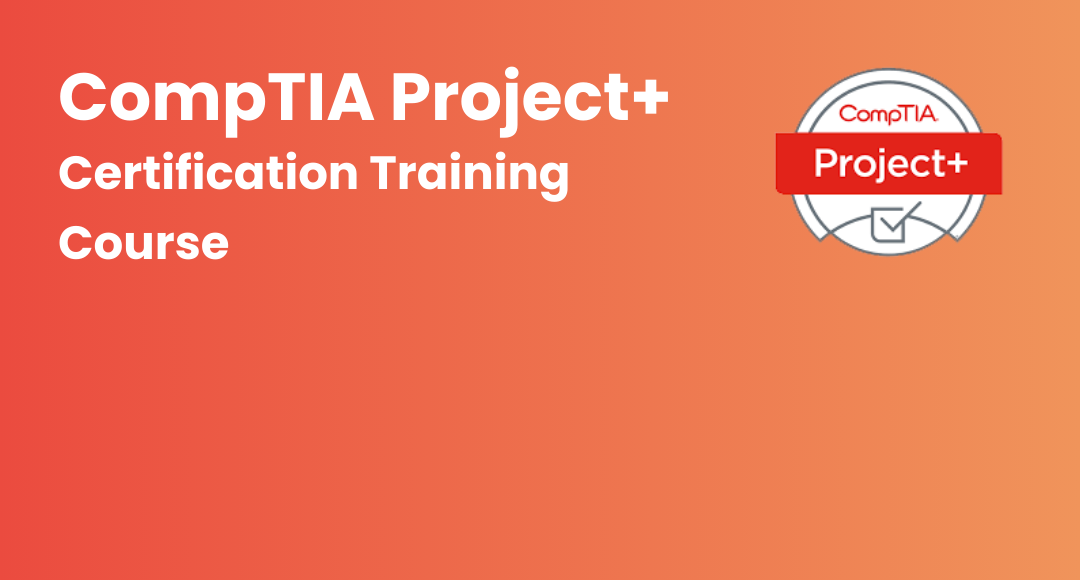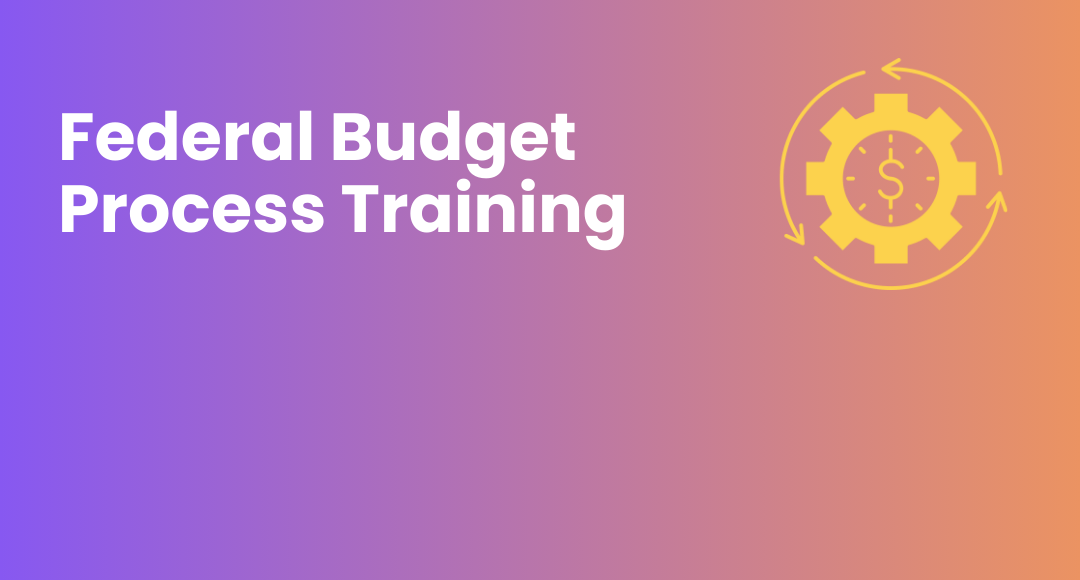Project Characteristics: Key Elements in a Project
-
 By Sushmith
By Sushmith
- Published on Oct 28 2025

Even though each project is distinguishable, its framework, execution, and accomplishment are influenced by specific project characteristics. These crucial factors impact project outcomes, from definition and scope to resources and timetables. Team members can plan more successfully, avoid risks, and achieve project objectives more quickly when they are aware of these characteristics. We'll look at the key characteristics that push excellent project management and verify flawless execution in this blog.
Table of Contents
Elements of project characteristics in Project Management
As understood from the Project vs. Program Management Article, a project is said to be "A series of tasks or activities that must be completed in a sequence in order to achieve the final product as planned or as scheduled.”
"What is Project Management?" Project management is the set of techniques and methods used and applied to make a project successfully deliver the desired or planned product. The methods and techniques used also involve resource management, time management, scheduling, and many other important concepts.
Coming back to the project characteristics, it is important to understand the characteristics of a working project to have a basic idea of its behavior while it is underway. This might bring up a question in your head, asking, "How do we differentiate the projects?" Let’s discuss this in the following section.
Project Characteristics:
As discussed earlier, every project is bound by its own limits and is differentiated by its own project characteristics. Clearly understanding the characteristics of a project helps you identify the project objectives. This helps the management team decide the scope of the project and list out all the needful resources.

Let's look at a few characteristics of project management:
– Project Objectives
It is important for any project to first have its goals and objectives decided. Defining project objectives makes project team members have a clear idea of how to proceed and what to achieve with the project tasks and activities. Objectives are the key characteristics of any project that help you analyze the progress of the project. Tracking the progress and regularly analyzing the results shows how much of the project has been accomplished. With this, it becomes easier to determine the resources required for further activities.
– Time
Every project has deadlines and milestones. Irrespective of the project type, every project is deadline-driven. Project leads must plan for the tasks and activities based on the resources available and the capabilities of the team and team members. This ensures the project teams work independently on necessary project tasks.
Teams with fresher members are given significant time to understand the project objectives and work on them, while teams with more experienced members are only provided with enough time. Product manager traits include ensuring that the allotted time for each task, when summed up, does not exceed the total time allocated for the project.
Want to bring a standout project lead resume? Read more on Project Manager Resume Guide—Best Tips and Examples
– Life Cycle
Every project has its Lifecycle for completion, such as Initiation (Beginning), Planning, Execution, Growth, Controlling, and Closing. These stages perfectly describe how the project must be executed. Depending on the type of project, the characteristics of project life cycle phases may vary.
Defining these phases for a project depends on how the goals and objectives of the project are derived. Project objectives help in carrying out the tasks and activities towards the success of the project, while its lifecycle phases keep the project tasks actively moving towards success.
– Possible Conflicts
One of the key project manager traits required is Conflict Resolution. Irrespective of the project type or its field, the occurrence of Conflicts and Risks is uncontrollable. Not properly defining the project results in high risks and conflicts.
Utilizing the information available can help reduce the occurrence of risks and conflicts. With this, project managers can ensure every project team and its members work more productively and present more effectively.
– Flexibility
To make any project work as intended, it is important to note the changes that occur within its lifecycle. Project managers must also be sure to schedule every project task as flexibly as possible. This gives team members enough time to adapt to changes and cope with the tasks as scheduled.
The more flexibility in the schedule, the better the results concerning the changes.
– Team Spirit
Just like the project is comprised of different characteristics, the same goes for the team. Every team member is capable of different project characteristics. With the help of a team with good team spirit, the project can reciprocate according to the objectives set for each project. This also helps in reducing the time taken to process the tasks and activities since every project team member is working collectively.
These characteristics of project management mentioned above are what differentiate a project from others. Defining these five characteristics precisely will help you identify the key elements that make your project unique.
Why is Project Characteristics important?
After coming this far, you might now have an idea of the benefits of describing the project characteristics. Besides, it is also important to implement it into projects before getting started. Now, let’s understand the importance of a project.

– Helps identify project scope
To describe a project objective, it is important to first understand the characteristic of the project. After describing the project characteristics, project managers identify the project scope and objective that the project intended to achieve. This also helps in determining the resource requirements beforehand.
Suggested Read: Project Scope Statement: How to Write One With Example
– Control the project complexity
Understanding Project Characteristics helps in determining project objectives. Understanding these objectives helps project managers determine and control the complexity of project tasks. With this, they not only help team members clearly understand the project goals but also plan resource allocation more wisely.
– Helps in selecting the right project management approach
Certain projects are specific to management approaches. For example, marketing campaigns benefit from marketing project management software designed for creative workflows. Having prior knowledge of project characteristics helps managers determine the most appropriate strategy.
Tools and Techniques for Managing Project Characteristics
Project managers can now effectively control the characteristics of their projects using these tools! Let's check out a few of these useful resources:
Project Management Software: The Project Management Software is optimally used when managing project features. Uses: establish, monitor, and manage project characteristics. Game-changing tools like Microsoft Project, Trello, Asana, or Jira make jobs simpler.
It gives you the added benefit of carrying out Resource allocation, planning, scheduling, and progress monitoring on a centralized platform. This process checks to make sure that your project is complying with the stated guidelines.
Gantt Charts:
Gantt charts help create visually appealing charts for your project schedules. They present tasks and their deadlines clearly and understandably. Project managers and teams ensure the project stays on schedule by using these charts. This tool helps in understanding work sequencing, resource allocation, and milestone tracking. Gantt charts are useful for developing a project's time constraints.
Project Management Templates:
For each and every stage of a project, there are templates for project management that can be used. You may end up flipping here with the wide range of template options. A few examples include Risk assessment templates, project plans, project charters, etc. The templates ensure consistency in project features like goals, risk analysis, and scope, and that these are well-defined. These templates are used to ensure project features, such as goals, risk analysis, and scope, are well-defined and consistent throughout the project.
Collaboration and Communication Tools:
Speak Success, so success can speak to you with the help of communication tools. Slack, Microsoft Teams, email, and video conferencing systems are a few tools that enable teams to communicate effectively and create brilliantly. These tools pave the way for smoother communication among project teams, stakeholders, and clients. A project manager’s role is to foresee compliance with project characteristics and guarantee a thorough understanding of the same. This can be achieved by fostering open and transparent communication channels.
Resource Management Software:
This software eases the process of part of the project's financial management, which is are hugely important feature. By using tools like Resource Guru or Smartsheet, which also maintain the volume of work objectives and guarantee that each assignment is in line with the law with the project's project managers can assign resources better.
Risk Management Software:
Specific risk management software, such as RiskWatch or RiskLogik, can be used to address the characteristics of possible conflicts and risks. Using these tools, managers can identify, assess, and lessen the risk, keeping and within definite bounds.
Earned Value Management (EVM) Tools:
EVM is a method for checking project performance against its predetermined goals. Project managers can track project characteristics per budget and timeline by using various EVM tools, such as Microsoft EVM or Deltek Cobra, which help in estimating cost and schedule performance. Project managers can accurately find and handle the project's characteristics when these processes and technologies are used in tandem, which leads to the project's win-win.
In 2025, modern project management integrates AI-enhanced and cloud-based tools into daily operations. Platforms like ClickUp AI, Notion Projects, and Monday.com AI Assistant have become the cornerstone for automated scheduling, risk detection, and progress tracking. This, in turn, significantly improves project visibility and collaboration.
Project characteristic: wrap-up
To conclude, a project is a collection of activities that must be carried out in a particular sequence to produce the intended or scheduled results. Project management refers to the strategies and tactics developed and put into practice to ensure that the project successfully produces the planned product.
The traits of a good project manager include identifying project objectives by having a clear understanding of project characteristics. This, in turn, aids the management team in determining the project's scope and compiling a list of all necessary resources in advance. These characteristics of project management are what distinguish one project from other projects. Besides, it is just as important to understand the importance of these characteristics before getting started.
Be it program management or project management, Sprintzeal has got you covered. We offer industry-grade training and also provide globally recognized certifications that can put your resume on top in any organization.
Best Project Management Courses for 2025:
- Certified Associate in Project Management course - CAPM® Certified Associate in Project Management
PRINCE2 certification - PRINCE2® Foundation Practitioner - Project management certification - PMP® Exam Prep Boot Camp
- CompTIA Project+ Certification - CompTIA Project+
- Federal Budget Process Certification - Federal Budget Process
Explore all our project management courses and enroll now to land your desired profession. Visit our all courses page to explore the variety of services offered for the courses provided. To proceed further or to clarify any course-related doubts, request a callback or contact us for assistance.
With the experience of successfully training 10,000+ professionals in the last financial year, the following is what we recommend:
If you’re a beginner trying to step into this domain, we recommend that you start with the CAPM training program.
And if you are already a working project manager looking for an upgrade in level, our CSM - Certified Scrum Master Program is the best fit.
And of course, for those seeking advanced skills, we have our most prestigious certification, the PMP® Certification Training.
If this is hard for you to decide, visit our blog on Project Management Prerequisites to choose the right course that aligns best with your goals.
FAQs on project characteristics
1. What are the 5 major characteristics of a project?
A project's five main attributes are
- Unique purpose
- Defined scope
- Temporary duration
- Specific resources
- Stakeholder involvement
2. What are the 7 characteristics of a project, with examples?
The seven characteristics of a project are
- Unique—e.g., developing a new software application
- Temporary—e.g., Organizing a corporate event
- Has objectives—e.g., increasing customer engagement
- Involves resources—e.g., Budget, manpower, and tools
- Follows a lifecycle—e.g., Initiation, planning, execution, and closure
- Faces uncertainty—e.g., Market risks or regulatory changes
- Requires stakeholder collaboration—e.g., Coordination between teams and clients
3. What is a project characteristic?
A project's main characteristics include its unique nature, exclusiveness, main objective, resource management, and phased structure.
Popular Programs
CAPM® Certified Associate Project Management
Live Virtual Training
- 4.3 (962 + Ratings)
- 50k + Learners
Trending Posts
Project Management Books List - Best of 2026
Last updated on Apr 6 2023
Project Deliverables in Project Management
Last updated on Aug 26 2022
Top Project Manager Qualifications and Career Path in 2026
Last updated on Mar 6 2024
Work Breakdown Structure in Project Management
Last updated on Sep 16 2022
Is it worth getting the CAPM certification?
Last updated on Jan 10 2023
Top Project Engineer Skills
Last updated on Mar 27 2025
Categories
- Other 77
- Agile Management 48
- Cloud Computing 58
- Project Management 175
- Data Science 70
- Business Management 88
- Digital Marketing 88
- IT Service Management 36
- Programming Language 61
- AI and Machine Learning 94
- IT Security 113
- Quality Management 78
- IT Hardware and Networking 27
- Microsoft Program 5
- Workplace Skill Building 15
- Risk Management 10
- Information Security 8
- Leadership and Management 9
- Corporate Training and Development 1
Trending Now
Issue Log in Project Management - Uses and Importance
ArticleSupply Chain Response And The Factors Involved In It
ArticleBest Agile tools for Project Managers in 2026
ArticlePMI-PMP® Exam Changes Explained in 5 Minutes
ebookProject Initiation Phase - Importance and Roles Involved
ArticleDelphi Technique and Its Role in Project Management
ArticlePMBOK Guide and Project Management Certification Updates 2026
ArticleHow to Use Google Calendar as a Project Management Tool
ebook10 Reasons Why You Should Get PRINCE2 Certification
ArticleCAPM Cheat Sheet 2026
ArticleCAPM Certification Study Guide
ArticleCAPM Certification Exam Preparation Guide 2026
ArticleTop Benefits of CAPM Certifications
ArticleGuide to Advancing Project Management Career with PMP Certification
ArticlePMP Vs PRINCE2 - Which Project Management Certification is Better?
ebookProject Management Interview Questions and Answers for Managers
ArticleProject Management Software to Use in 2026
ebookBest project management certifications in 2026
ArticleProject Feasibility Study in Seven Steps
ArticleCAPM vs PMP – Which Project Management Certification Is Better?
ArticleProject Scope Management Guide 2026
ArticleProject Management Complete Guide 2026
ArticleCAPM Exam – Difficulty, Details and Preparation Tips
ArticleWhat is Project Management?
ArticleIs it worth getting the CAPM certification?
ArticleIs PMP Better than MBA?
ebookWhat is PMI ACP certification?
ArticleIs PMP exam difficult?
ArticleIs PMI ACP worth it?
ArticlePMP or CAPM – which is better?
ArticleWhat is pass percentage for the CAPM exam?
ArticlePMP or PMI ACP – which certification should you get?
ArticlePMP Certification Cost Details
ArticleHow to get PMP certification - Guide 2026
ArticleHow to create an effective project plan
ArticleTop Project Manager Interview Questions and Answers 2026
ArticleGuide to Change Management for Organizational Transformation
ArticleResource Manager Interview Questions and Answers 2026
ArticleTop Project Manager Qualifications and Career Path in 2026
ArticleNetwork Diagram - Types, Topology and Use in Project Management
ArticleProject Management Life Cycle and Its Phases
ArticleGuide to Project Management Processes, Methodologies and Lifecycles
ArticleProcess Capability Analysis Explained
ArticleFinancial Risk and Its Types
ArticleConstruction Project Management - Roles, Stages and Benefits
ArticleRisk Management Strategies in Project Management
ArticleProject Management Principles - 12 Essentials
ArticleProject Management Framework Guide
ArticleStrategic Management Guide 2026
ArticleProject Management Books List - Best of 2026
ArticleProject Documentation and Its Importance
ebookProject Management Tips - Best of 2026
ArticleProject Management Apps Best of 2026
ArticleDigital Project Manager – Skills, Salary, and Scope
ArticleProject Communication Plan – How to Create and Use
ArticleEarned Value Management and Its Significance
ArticlePlanning Poker Estimation Technique
ArticleProject Management vs Product Management
ArticleProject Crashing in Project Management
ArticleProject Controlling and its Importance in Project Management
ArticleProject Report and its Significance in Project Management
ArticleEstimate at Completion - Formulae and Calculations
ArticleProject Cost Management Guide 2026
ArticleProduct Lifecycle Management
ArticleProject Portfolio Management Guide
ArticleProgram Manager vs Project Manager - Comparison of Roles and Careers
ArticleWBS Dictionary - A Beginner's Guide
ArticleStakeholder Analysis and Stakeholder Management Guide
ArticleProject Management Phases Explained
ArticleProject Management Knowledge Areas
ebookLeadership Theories for Managers
ebookPMP Pass Rate in 2026 - Guide to Clear the PMP Exam
ebookProject Schedule Management Guide for Beginners
ebookProject Integration Management Guide
ArticleProject Risk Management Guide
ArticleProject Resource Management Guide
ArticleProject Quality Management Guide
ArticleProject Procurement Management Guide
ArticleProject Deliverables in Project Management
ebookConflict Resolution in Project Management
ebookPERT vs CPM in Project Management
ebookGantt Charts - The Ultimate Guide
ebookWork Breakdown Structure in Project Management
ebookTop Gantt Chart Makers in 2026
ebookGantt Chart Tools - Best of 2026
ebookHow to create a work breakdown structure
ebookProject Manager Resume Guide – Best Tips and Examples
ebookProduct Management Frameworks - The Ultimate Guide 2026
ebookProduct Planning - A Beginner's Guide
ebookWhat is Product Management? - A Beginner's Guide
ebookGuide to Project Stakeholder Management
ebookPMP® Certification Salary: Job and Salary Scope in 2026
ebookTop Project Engineer Skills
ebookGuide to Technical Project Management
ebookTop 10 project management competencies
ebookNegotiation in Project Management: The Utimate Guide
ebookTime Management in Project Management - Steps to Implement it
ebookTop Program Manager Skills of Successful Program Managers
ebookA Brief Guide to Conflict Management Approaches
ebookWhat is a Risk Management Plan? A Comprehensive Guide
ebookWorkflow Diagram - Steps to Create, Symbols, Types, and Uses
ebookBest Practices to Measure Resource Utilization
ebookWorkload Management: How to Optimize Your Team’s Workload?
ebookWhat is Project Execution? A Comprehensive Guide
ebookProject vs Program Management: Key Differences
ebookKanban Methodology in Project Management – A Complete Guide
ebookHybrid Project Management Guide 2026
ebookThe Ultimate Guide to the Waterfall Methodology in Project Management
ebookProject Budget: Definition, Overview & How to Create One
ebookThe Ultimate Project Kickoff Meeting Guide
ebookProject Timeline: How to Build One, Definitions, and Examples
ebookProject Scope Statement: How to Write One With Example
ebookStatement of Work in Project Management Guide 2026
ebookProject Management in Product Development : Essential Role
ebook10 Best Change Management Tools to Use
ebookMastering Resource Scheduling to Unlock Project Success
ebookProject Risk Analysis: Tools, Templates & Best Practices
ebookHow to Write a Project Summary: Four Easy Steps
ebookTop Leadership Skills: Mastering the Art of Effective Leadership
ebookHow to Write a Project Descriptions: A Step-by-Step Guide
ebookWhat is Project Monitoring? A Comprehensive Guide
ebookWhat Are Project Fundamentals? A Quick Guide
ebookKanban Board: A Detailed Guide to Understanding and Usage
ebook10 Effective Management Styles for Leaders (With Real-Life Examples)
ebookProduct Manager Career Path: What to Expect
ArticleCareer Path for Program Manager - Strategic Navigation for Professional Growth
ebookExploring Career Path for Product Owner
ebookAn Ultimate Guide to Project Coordinator Career Paths
ebookHow to Become an ISO 21502 Lead Project Manager
ArticleWhat are the Basics of ISO 21502 Foundation? A Brief Guide
ebookThe Role and Responsibilities of an ISO 20400 Lead Manager
ArticleEnergy Saving Standards and ISO 50001 Best Practices
ebookComparing Different ISO Certifications for Project and Energy Management
ebookGuide to ISO Certifications for Effective Project and Energy Management
ArticleWhy ISO 50001 is the Perfect Match for Energy Efficiency?
ArticleAI Tools for Project Managers: A Game Changer for Project Success
ArticleAbout Disney’s Project Management: Where Magic Gets Real
ArticleMcDonald's Recipe to Success - A Perfect Project Management Case Study
ArticleToyota’s Project Management: A Road to Greatness and Innovation
ArticleNetflix's Binge-Worthy Project Management
ebookUnder Armour’s Project Management Approach
ArticleWipro Project Management: Core Lessons from Tech Giant
ArticleProject Management at Google: Tools and Success Stories
ArticleCoca-Cola Project Management Strategy and Key Insights
ArticleAI in Project Management: Transforming the Future of Work
ArticleBehind the Scenes: How Apple Executes Projects with Flawless Precision
ArticleTesla's Advanced Project Management: Accelerating the Future
ArticleBeats to Business: Spotify's Project Management to Redefine Music
ArticleTop AI Project Management Software to Elevate Your Workflow
ArticleProject Management Office: Step-by-Step Guide to Start a PMO
ArticleWhat is a Project Management Information System?
ArticleHow Microsoft Balances Innovation and Project Management?
ArticleWhat is Agile Project Management? A Beginners Guide
ArticleIKEA Project Management: What to Learn and Stay Competitive
ArticleHow Did Nike Become a Global Leader?
ArticleIntel's Master Project Management Formula
ArticleSamsung Pioneer in Project Management: The Secret Behind It
ArticleAmazon Logistics Strategies That Dominate Retail
ArticleRemote Project Management Success: Key Strategies and Career Opportunities
ArticleStreamlining Workflows: The Best Digital Tools for Professionals
ArticleUnderstanding the Financial Risks in Sponsorships and How to Avoid Them
Article3 Real Disasters That Teach Critical Project Risk Planning Lessons
ArticleInterview scheduling automation: Streamlining the candidate experience
Article3 Quality Gaps That Can Ruin Your Project Outcomes
ArticleBest 4 Construction Drawing Management Tools to Boost On-Site Efficiency
ArticleEssential Jira Interview Questions for 2026
ArticleProduct Development Cycles That Keep Innovation on Schedule
ArticleSmarter Projects with AI
ArticleLegal Project Management for PMs: A Practical Starter Guide
ArticleProject Manager Job Description: Roles, Responsibilities, and Skills
ArticleProduct Analyst Job Description – Key Duties and Career Path
Article7 Team Assessment Tools for Project Management
ArticleHow MVP Development Is Transforming Project Management
ArticleWhy AI for Project Management is the Great Reset for Leadership
Article

